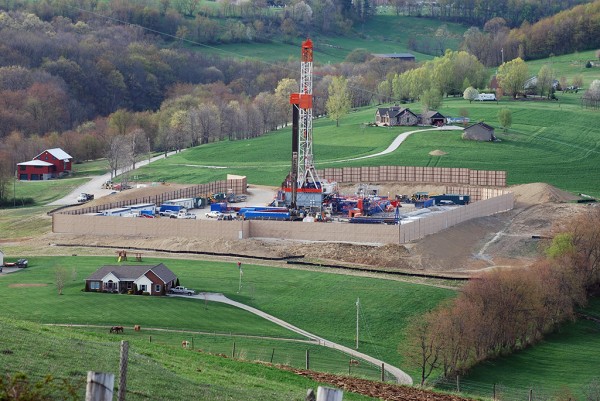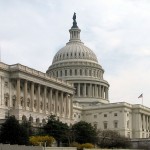New Marcellus Shale Study Shows More Modest Economic Benefits
A new study shows Marcellus Shale is benefiting the economy, but maybe not as much as some believe. The study looks at employment and other economic activity in the Marcellus Shale Region for 2009 and was conducted by the Marcellus Shale Education and Training Center.
Tim Kelsey, professor of agricultural economics at Penn State, is the lead author of the study. He says they estimate some 23 thousand jobs were created that year, but those estimates are about 20 thousand less than previous studies of the employment effect.
Kelsey says they found only about half of the land in counties with drilling activity is owned by local residents, with 25% owned by people in other parts of the state and almost 8 percent owned by out-of-state landowners. In addition, a significant amount of the leasing and royalty dollars are being saved, rather than spent immediately.
Among other findings, Kelsey says they surveyed municipal governments in 12 counties with the most Marcellus Shale activity. The majority of those with gas activity say they’ve seen no impact on their taxes, the services they provide or the cost of providing services. Of the ones reporting effects, only 18% said they have higher tax revenue because of gas activity, but about 26% said they have higher costs.
Kelsey says they randomly selected 1-thousand businesses in Bradford and Washington Counties to survey on the economic impact. Across the economy, he says businesses were likely to report higher sales and positive effects from the gas activity. He says this included not only businesses that contract with the gas companies, but Laundromats, tourism-related businesses and others.
Kelsey cautions this is an early snapshot of the activity in the shale region and it’s likely the effects will be different five years down the road as there are more wells in production.
He says the short run view does allow them to identify the things they know and don’t know. He says they still don’t have good information on the distribution of benefits and costs. He says they also need better information on the economic impact of some of the environmental issues that are arising.




